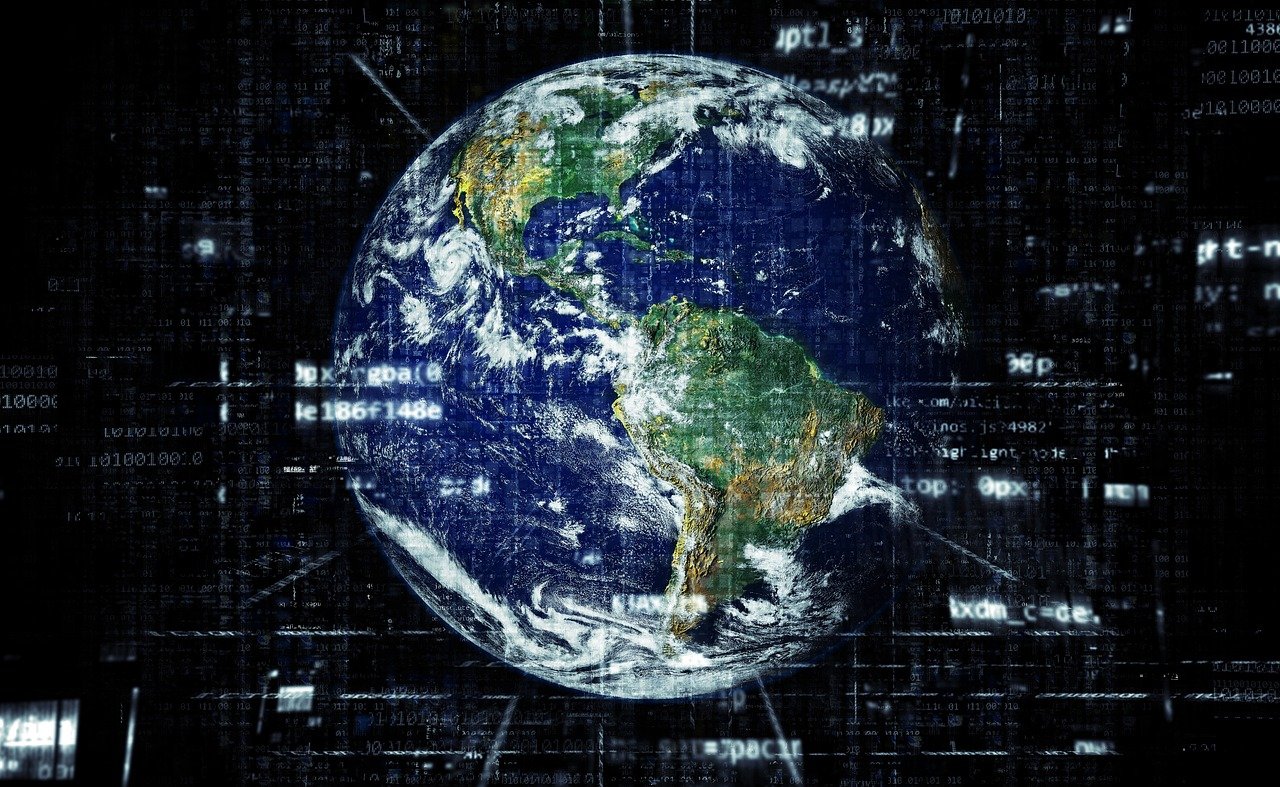A Brave New World: Are Human Coders on the Brink of Extinction?

Imagine waking up one morning to find that the job you’ve spent years perfecting is now being done by a machine—faster, cheaper, and maybe even better. For millions of coders worldwide, this isn’t just a distant nightmare; it’s a looming possibility. AI is no longer a science fiction fantasy—it’s powering through the gates of industries everywhere, and software development is squarely in its sights. This shift isn’t just technical; it’s emotional, too. The idea that lines of code, once painstakingly crafted by clever minds, might soon be churned out by algorithms is both thrilling and terrifying. It begs the question: is the soul of coding being traded for speed and efficiency? Or are we on the verge of a creative revolution?
The Dawn of AI in Code: More Than Just a Helping Hand
AI’s infiltration into programming isn’t subtle—it’s a full-on blitz. Tools like GitHub Copilot and OpenAI Codex have stormed onto the scene, changing the way developers interact with code. These platforms are trained on mountains of public code, so they can spit out functions, suggest bug fixes, and even complete entire modules in seconds. What used to take hours now happens in the blink of an eye. This isn’t just about convenience; it’s about possibility. With AI handling the heavy lifting, more people can build software, not just those with years of experience under their belts. But as the gap between human and machine shrinks, the role of the coder starts to look different—maybe even uncertain.
Speed Demon: How AI Leaves Human Coders in the Dust
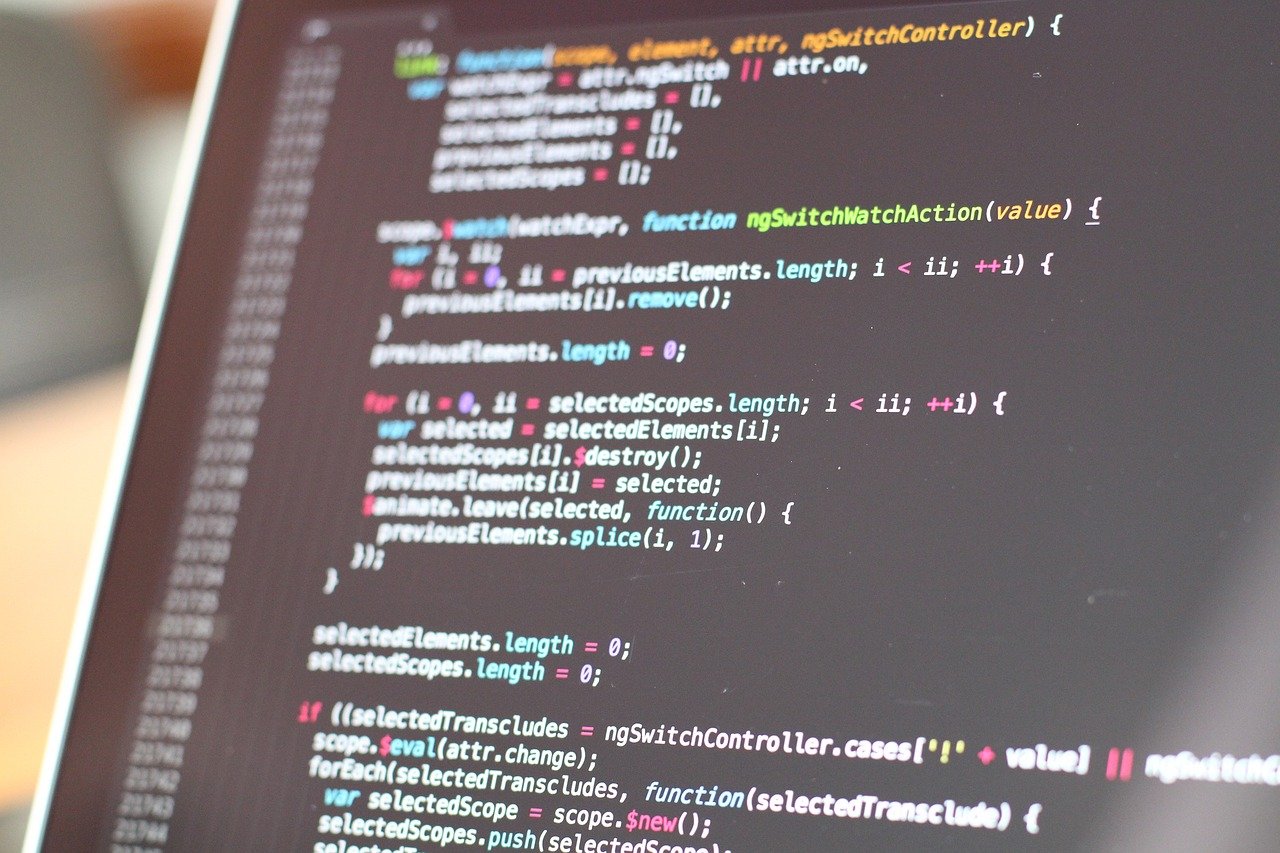
Speed has always been a hallmark of progress. With AI, the pace of coding has jumped to light speed. An AI doesn’t get tired, distracted, or stuck in a rut—it just keeps going, analyzing codebases, spotting errors, and suggesting fixes in seconds. Imagine a marathon where the human runner has to stop for water, but the AI just zooms past, lap after lap. This efficiency is jaw-dropping. For businesses, it means saving time and money. For coders, it might mean racing against a competitor who never sleeps. The more AI improves, the bigger this gap gets. Will there be a point where human speed simply can’t keep up—or will there always be a place for the tortoise in a race of hares?
Automating the Boring Stuff: AI’s Gift to Developers
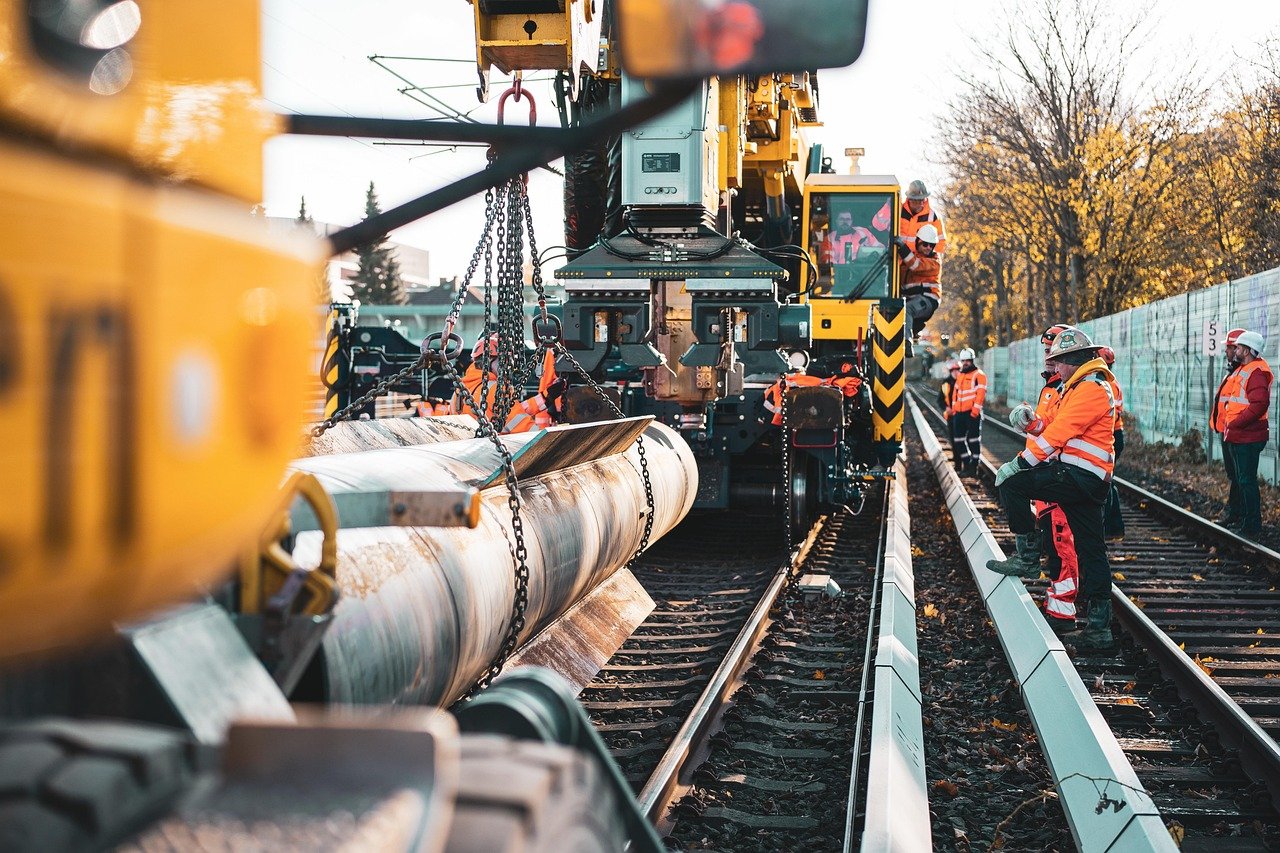
Let’s face it: not all coding is glamorous. There’s a lot of grunt work—writing boilerplate code, setting up tests, fixing the same old bugs. AI is like the intern who never complains about the dull tasks. It can automate code reviews, generate test cases, and clean up messy code without a single groan. Suddenly, developers are free to focus on the fun parts—the creative, challenging work that really gets brains buzzing. But there’s a flip side: if the “boring stuff” disappears, do entry-level jobs disappear with it? Or does this just raise the bar for what it means to be a coder?
When Things Get Complicated: Can AI Really Solve Every Problem?

Here’s where AI hits a wall. Machines are incredible at churning through patterns and rules, but real-world software isn’t just a giant Sudoku puzzle. Complex projects demand more than logic—they require empathy, big-picture thinking, and the ability to make tough trade-offs. Designing an app that millions will use, making it intuitive and delightful, or architecting a system that withstands chaos—those are challenges that call for a human touch. AI is a whiz at filling in the blanks, but when there’s no obvious answer, or when creativity is key, human coders still have the upper hand.
Teamwork Makes the Dream Work: Human-AI Collaboration
It’s easy to imagine a battle between humans and machines, but maybe the future isn’t so black and white. Think of AI as the world’s smartest coding assistant. It can suggest, review, and optimize, but it still needs direction. Working together, AI and human coders can build things faster and better than either could alone. Imagine a jazz band where AI keeps the beat and humans improvise the melody. This partnership can lead to software that’s not just efficient, but also innovative. The best results might come from embracing what each side does best.
Shaking Up the Job Market: Winners, Losers, and New Beginnings

Change always brings upheaval, and AI in coding is no exception. Some fear a wave of layoffs as machines take over the easy parts. But there’s another side to the coin: new jobs could emerge that we haven’t even imagined yet. Coders might shift from typing lines to training, supervising, and fine-tuning the AI itself. The demand for people who can bridge the gap between humans and machines—translating business needs into AI instructions—could soar. The key is adaptation. The coders who thrive will be those who see change coming and ride the wave rather than fight it.
Ethical Quicksand: Who’s Responsible When Code Goes Wrong?
With great power comes great responsibility, and AI-powered code is no exception. If a self-writing algorithm introduces a security flaw, who’s to blame—the coder, the company, or the AI? Bias can creep in, too, since AI learns from existing code, which isn’t always perfect or fair. There’s also the risk that automation could widen the gap between tech haves and have-nots. As AI becomes more common in coding, the industry will have to wrestle with tough questions about fairness, accountability, and transparency. These aren’t just technical problems—they’re deeply human ones.
Learning to Speak AI: The Skills Coders Need Now
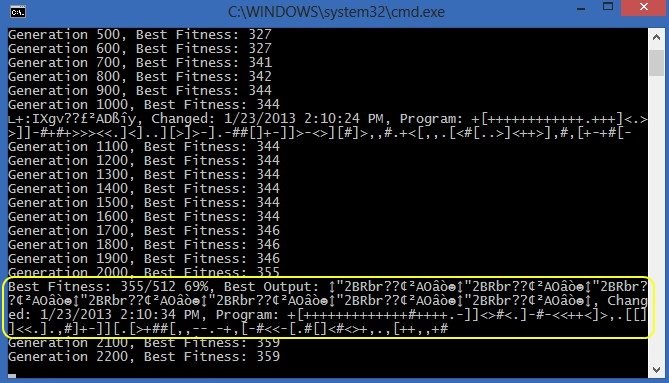
As AI becomes part of the coding landscape, the skills that matter are changing. It’s no longer just about knowing the latest language or framework. Coders will need to understand how AI thinks, how to train it, and how to spot when it’s making mistakes. Communication skills become crucial—explaining complex problems to machines and to people who use the software. Lifelong learning is the name of the game. For those willing to adapt, the rise of AI could open doors to careers that are more exciting and impactful than ever.
The Global Impact: Leveling the Playing Field or Creating New Divides?
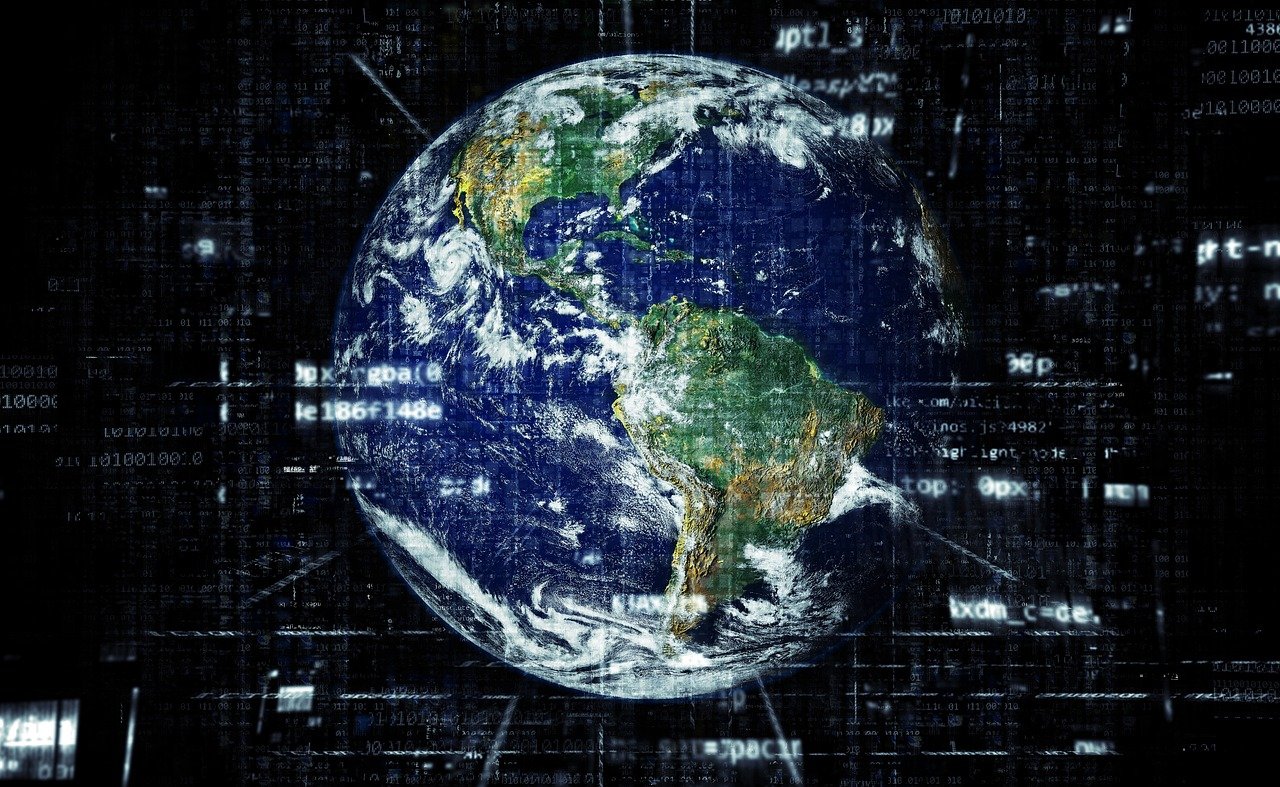
AI in coding is a double-edged sword when it comes to global opportunity. On one hand, it can help people in places with fewer educational resources to build software more easily, lowering the barriers to entry. On the other, it could concentrate power among those who already have access to the best AI tools. Will AI democratize coding, letting anyone with an idea create something amazing? Or will it make it even harder for newcomers to break in? The answer will shape the future of technology around the world.
What Does It Mean to Be a Coder in the Age of AI?
The idea that machines could write poetry, paint pictures, or craft software once belonged to the realm of dreams and movies. Now, it’s reality. For coders, this moment is both exhilarating and a little scary. The job is changing, but maybe not disappearing. The best coders will be those who learn to steer the AI, shape its output, and bring a human spark to everything they build. The story of coding is far from over—it’s just entering a wild new chapter.

